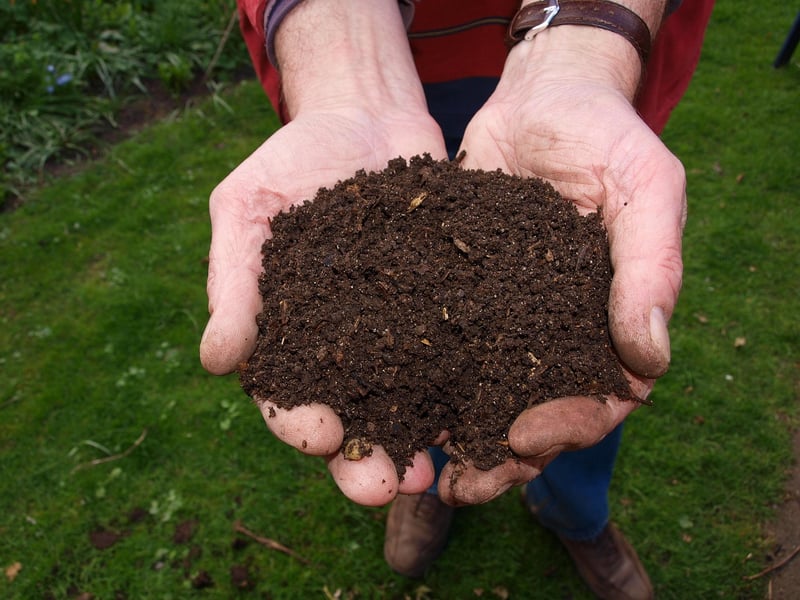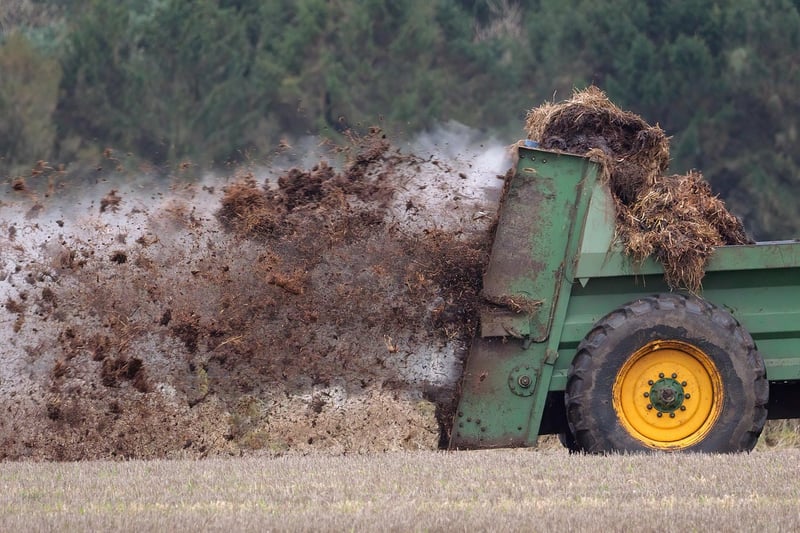Organic Fertilizers
Eco-Friendly Soil Enrichment Methods and Organic Fertilizers
Introduction
Keeping the soil healthy is essential for sustainable agriculture and a thriving ecosystem. In this article, we will explore eco-friendly soil enrichment methods and the benefits of using organic fertilizers to promote soil health naturally.
Eco-Friendly Soil Enrichment Methods
1. Composting
Composting is a natural way to recycle organic waste into nutrient-rich soil. By composting kitchen scraps, yard waste, and other organic materials, you can create a valuable soil amendment that enhances soil structure and fertility.

2. Cover Cropping
Cover cropping involves planting specific crops to cover the soil surface when primary crops are not growing. These cover crops help prevent soil erosion, suppress weeds, and improve soil health by adding organic matter when they are incorporated back into the soil.

Organic Fertilizers
Organic fertilizers are derived from natural sources and provide essential nutrients to plants without the use of synthetic chemicals. They improve soil structure, stimulate microbial activity, and promote long-term soil fertility.
Types of Organic Fertilizers:
- 1. Compost
- 2. Manure
- 3. Bone Meal
- 4. Fish Emulsion
- 5. Seaweed Extract
Benefits of Organic Fertilizers:
- 1. Environmentally friendly
- 2. Improve soil structure
- 3. Safe for plants, animals, and humans
- 4. Enhance nutrient uptake
- 5. Reduce the risk of nutrient leaching
By incorporating eco-friendly soil enrichment methods like composting and cover cropping, along with the use of organic fertilizers, farmers and gardeners can nurture the soil in a sustainable way, leading to healthier plants, increased yields, and a balanced ecosystem.
